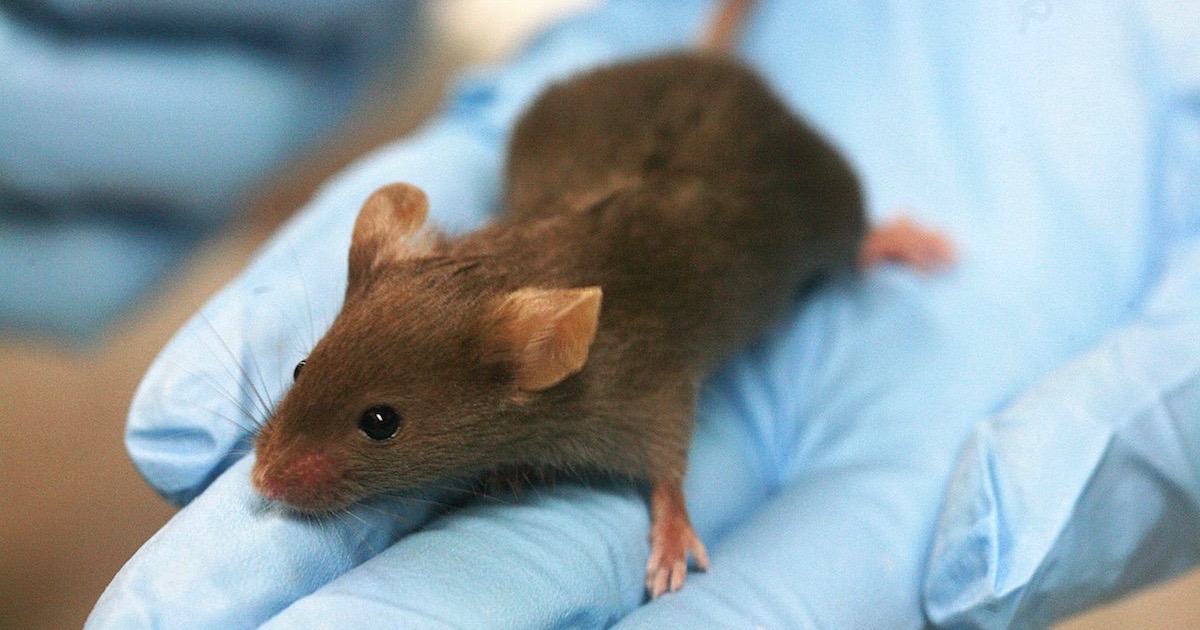 Medicine
Medicine
Animal Researchers Should Be Proud

We are often awed at the medical miracles that save so many of our lives and alleviate unquantifiable levels of human suffering. Yet some of us decry a fundamental activity that makes it all possible: what I call the “grim good” of animal research.
Animal rights activists excoriate animal researchers as torturers, work to ruin or prevent good research, have vandalized their labs and homes, and attempted to destroy careers. The terrorists among those ideologues have threatened their lives, even set off bombs. In the process, they have impeded the development of beneficent medical treatments and the gaining of crucial scientific knowledge.
Indeed, a few conservatives have decried animal research. Scandalous!
In a society based so much on feelings — rather than thinking — one can understand the tendency. Beyond that, empathetic people wince at any suffering experienced by animals. I know I do.
In this atmosphere, it is no wonder that many animal researchers are sheepish about their work, which is why I applaud neuroscientist and animal researcher Ashley Juavinett for coming to her profession’s defense.
Jauvinett admits she avoids speaking directly to people about what she does for fear of their negative reaction. But she is also proud of what she does, forthrightly explaining her work. From “People Ask Me About My Experiments on Mice: The Answers are Complicated”:
The daily life of a neuroscientist doesn’t read like a headline of a popular science article. Some days, I spend hours performing a delicate surgery on a mouse, most recently to implant a recording device.
Over the course of the next few weeks, I’m the mouse’s primary caretaker. I spend more hours with the mouse than I do with most of my friends. I observe its behavior and worry about its stress levels. I tinker with wires, watch neurons flash across the screen, and perseverate on what kind of tape I should use.
And once that mouse has helped us figure out something more about how its brain works, I respectfully euthanize it, and move on to the next experiment.
The point, of course, isn’t to hurt the animals but use the information gained to further human thriving:
Research like mine is tough, but it provides unprecedented insight about the role of specific cell types in the brain. Some of these neurons, the ones that silence neighboring cells, are thought to be dysfunctional in disorders like schizophrenia.
With this type of research, we’ve learned how different receptors and neurons tune our reward system, changing how we conceptualize and treat addiction. The data we’ve collected have taught us that the computations in the brain are wonderfully intricate — insights that are informing computer science and artificial intelligence every day.
And here is a basic truth:
In my ideal world, we would all have a shared understanding about what research really is, warts and all. Behind almost every science or medicine headline is an animal model, and many people who conducted research on that model.
We don’t only learn things about the brain by conducting thought experiments or behavioral research; we need experimental data about what neurons are doing. We need to know how the whole endlessly complicated thing develops, changes, and breaks. We simply can’t do this research in humans.
About ten years ago, PETA’s alpha wolf, Ingrid Newkirk, broke her wrist and marveled at the pain control she received. Yet she missed the fundamental point that she benefited from the very research on animals that allowed those drugs to be developed, experiments she tries every day to impede and eventually outlaw.
Animal research before trying on humans is also a core principle of the Nuremberg Code and research laws and ethical regulations.
So thank you, Ashley Juavinett and the many other animal researchers who do the hard and, unfortunately, often thankless research work on animals for the benefit all humankind. You should be very proud of what you do.
Indeed, where would we be without you? In a world of dramatically shortened lives and greatly increased pain and suffering.
Photo credit: Rama (Own work) [CeCILL or CC BY-SA 2.0 fr], via Wikimedia Commons.
Cross-posted at The Corner.
